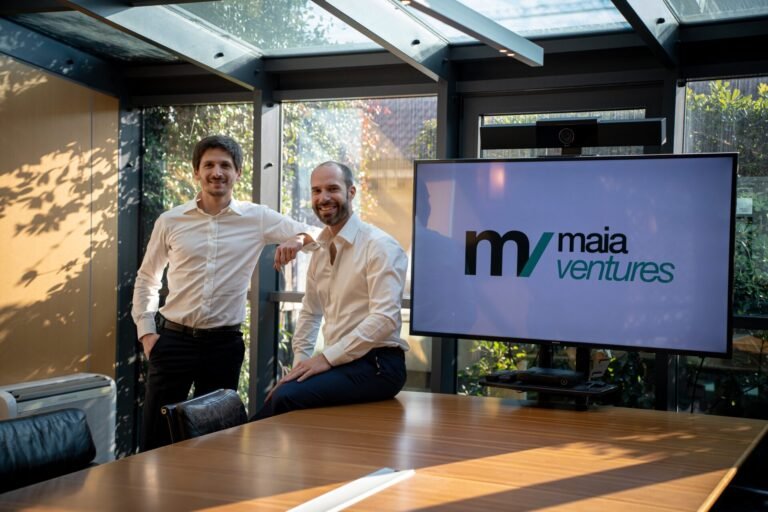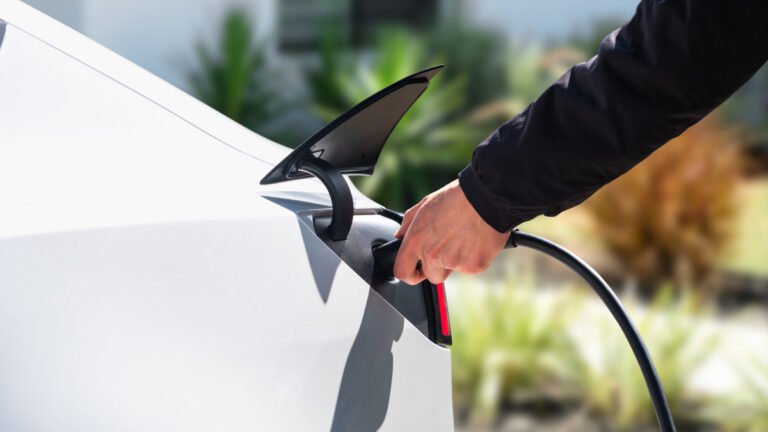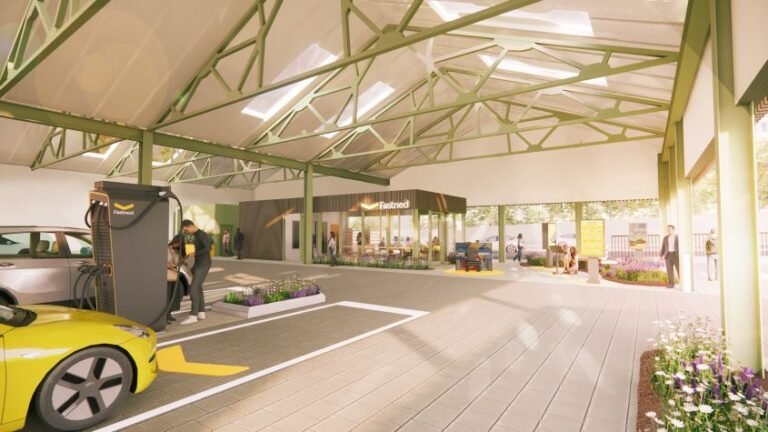Scaling up biomanufacturing remains a daunting task for startups in a challenging funding environment, says India-based Symbiotec. But new capacity it is bringing online can help startups in everything from alt proteins to nutraceuticals cross the valley of death.
A leading manufacturer of Active Pharmaceutical Ingredients (APIs), Symbiotec is now offering its services as a CDMO (contract development and manufacturing organization) to firms in biomaterials, nutraceuticals, specialty chemicals, and alt proteins using bacteria, yeast, fungi and algae, US investments director Prakash Sawlani told AgFunderNews.
The firm has four new 100,000-liter fermenters at its facility in Ujjaiin in Madhya Pradesh, India, with extensive downstream processing capabilities including filtration, extraction, crystallization and spray-drying. It can also work with partners at pilot scale with 2,000-L and 20,000-L fermenters for smooth tech transfer at the Ujjaiin site, which is powered by renewables, said Sawlani.
It can also add additional capacity at the site via co-investment, building and commissioning equipment quickly and cost-effectively, Sawlani claimed. “We’re talking about capital expenditure that is a third to a quarter of US and European benchmarks.”
As Symbiotec is an owner-operator with an in-house engineering team, he said, “Decisions are quick, scope is clear, and approvals don’t lag.”
Designing and building fermentation facilities from the ground up
According to Sawlani: “A pivotal moment for us was the Beijing Olympics [in 2008]. At that time, Symbiotic would buy advanced intermediates [to make pharma ingredients] from China and then finish up the last few steps [in India]. But during the Olympics, the government decided to [temporarily] stop [some] manufacturing [to reduce air pollution], which for a company of our size was very challenging.
“So we decided to backward integrate our steroids manufacturing [and make the starting materials in-house], so before chemical synthesis, we needed to learn fermentation science. So we did that, and in so doing, we learned the technology, the know-how, and very importantly, how to build [an industrial-scale fermentation] facility.
“So now, our key starting material [for steroids manufacturing] is soy sterols from the Midwest of the United States [steroid synthesis often starts with fermentation of phytosterols], before moving into chemical conversion steps. And we’ve been practicing that now for 15+ years.”
Today, Symbiotec has two sites for pharmaceutical manufacturing, and has recently built two additional sites, he said. “One is for injectables, and the other is a large-scale industrial biotech facility [in Ujjaiin] , which has been active for over three months, and sits on a campus that over time, I think could get into millions of liters.”
The sweet spot between traditional food and pharma
“Everyone understands [that building such facilities in] Asia costs less,” claimed Sawlani. “But we can do better, over and above what India or China can do [in general], because of our experience in understanding fermentation science and building from the ground up, because we had to do it for our own survival.”
He added: “If you look at fermentation, on the one hand you have biologic companies that are making $1,000/vial drugs and on the other you have beer manufacturers, and the space inbetween that is being created now by foodtech has never existed before.
“If you just say, I’ll convert my beer infrastructure to make this food, it’s often a failure from the start. But at the same time, if you just [replicate] the biologics infrastructure, you end up having food that costs a small fortune.”
Symbiotec, he said, sits in the sweet spot between the two for firms looking to scale in biomaterials, nutraceuticals, specialty chemicals, and alt proteins.
“One big advantage we have for food products is we have [ready access to] non-GMO dextrose [as a feedstock], so the final food product can also be labeled as non GMO [to meet the requirements of companies looking for Non-GMO Project certification, for example].”
Paradigm shift
Asked how Symbiotec’s offering compares to what’s available at Liberation Bioindustries in Richmond, Indiana, he said: “It’s quite remarkable what they have built, and I find it interesting that while VCs were reluctant to invest even a few million dollars in some startups, they were able to raise the money to build that facility. But in terms of the ability for our customers to scale and in terms of overall costs, we are offering a paradigm shift.”
Symbiotec is now talking to companies using fermentation for specialty chemicals, flavors and fragrances, oils, and proteins, he said.
If a company uses one of Symbiotec’s 100,000-L fermenters, things go well, and it wants to expand, he said, “Typically, it would be a multi-year process to build that kind of large-scale capacity. We could do it in nine months, so they could be making product [from a larger facility built on the Ujjaiin campus] within a year.
“We’re in a situation where we proposed, let’s say, a $6-$7 million capex project for companies that were getting quotes [from other potential partners] in the $20 million range.”
Asked whether the recently-imposed 50% tariff on goods from India going to the US would wipe out any cost advantage, he said: “I would say that it reduces our advantage, but it’s not going to impact the advantage we have in terms of capex investment, plus we don’t know whether these tariffs will stay in place.”
The post Biomanufacturing’s valley of death has a new bridge in India, says Symbiotec appeared first on AgFunderNews.




